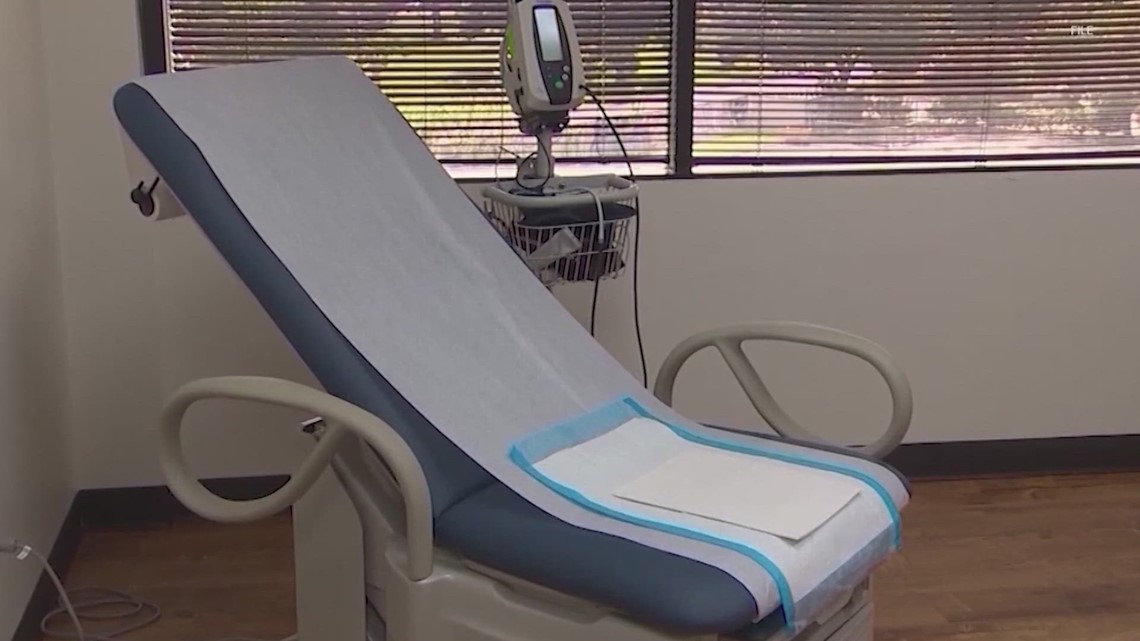
According to a recent report in the Journal of the American Medical Association, Texas has the highest estimated number of pregnancies resulting from rape.
SAN ANTONIO — According to a new study from the University of Houston, teen pregnancy rates have increased for the first time in 15 years. The increase comes after Texas passed a law banning abortions after six weeks in 2021.
Another study by the Journal of the American Medical Association (JAMA) shows Texas has a higher estimated number of pregnancies resulting from rape than any other state.
Of 64,565 rape-related pregnancies nationwide since the state outright banned abortion in 2022, 40.8% – or 26,313 – were recorded in Texas.
“It’s interesting, (though) not really surprising,” said Qiana Lewis-Arnold, a birth justice associate with the Afiya Center, a reproductive justice organization based in north Texas. “Let’s first start with the fact that, historically, Texas has always had an astronomically high amount of reported rapes. It was expected from the reproductive justice and birth work community that once a total ban on abortion happened in this state, that what we would see is more folks be forced to birth children.”
Professor Elizabeth Gregory, director of the Institute for Research on Women, Gender & Sexuality at the University of Houston, says the study by JAMA is not based on actual numbers but a prediction based on data from previous years.
Gregory recently conducted a study based on 2022 birth data from the CDC. She concluded teen pregnancy rates in Texas have increased for the first time in 15 years, up less than a percentage point at 0.4%. In the 2021 data, there was a 9% decrease.
“It’s most notable because it’s a change in this ongoing pattern of decline, that suggest differential access to contraception,” said Gregory.
Gregory says overall there was a 2% increase in pregnancies statewide, but it varied based on race. Hispanics showed a 5% increase, while non-Hispanic whites saw a 5% decline.
As the full abortion ban took effect in 2022 in Texas, Gregory expects the numbers to continue to rise.
“Some initial data has already indicated that it will be going up,” she said. “It’s just that they don’t know exactly how that will play out, but they do predict that it will be a bigger rise in 2023.”
>TRENDING ON KENS 5 YOUTUBE:
Original News Source
Running For Office? Conservative Campaign Management – Election Day Strategies!
